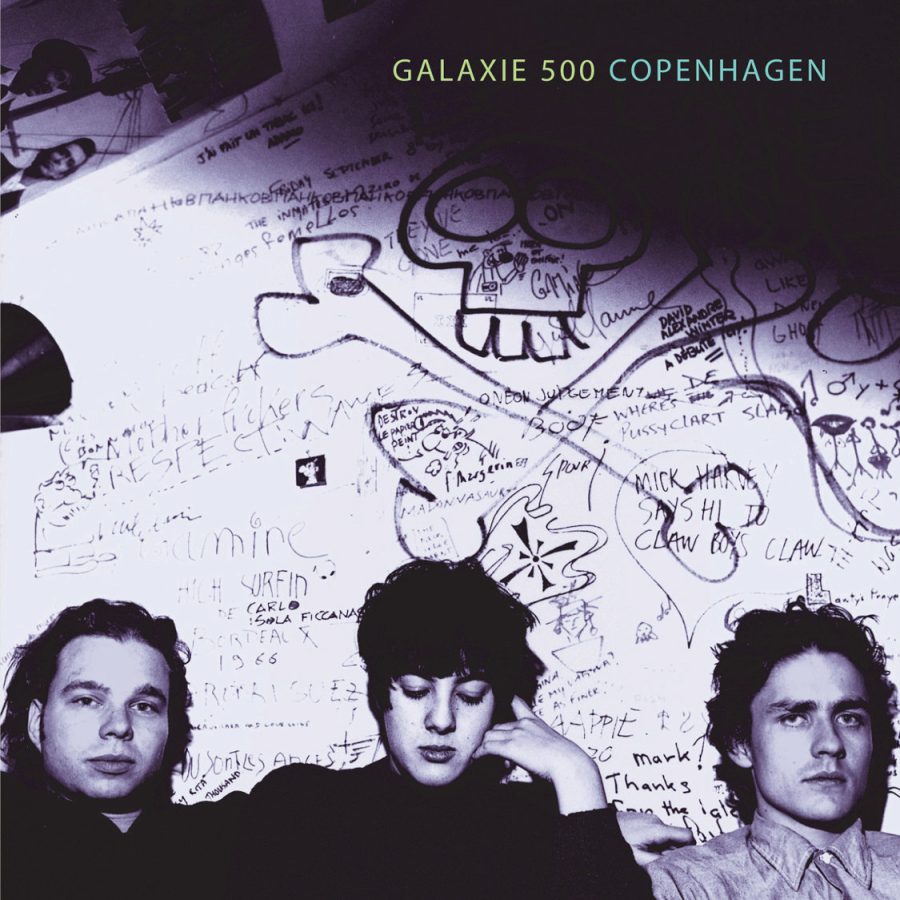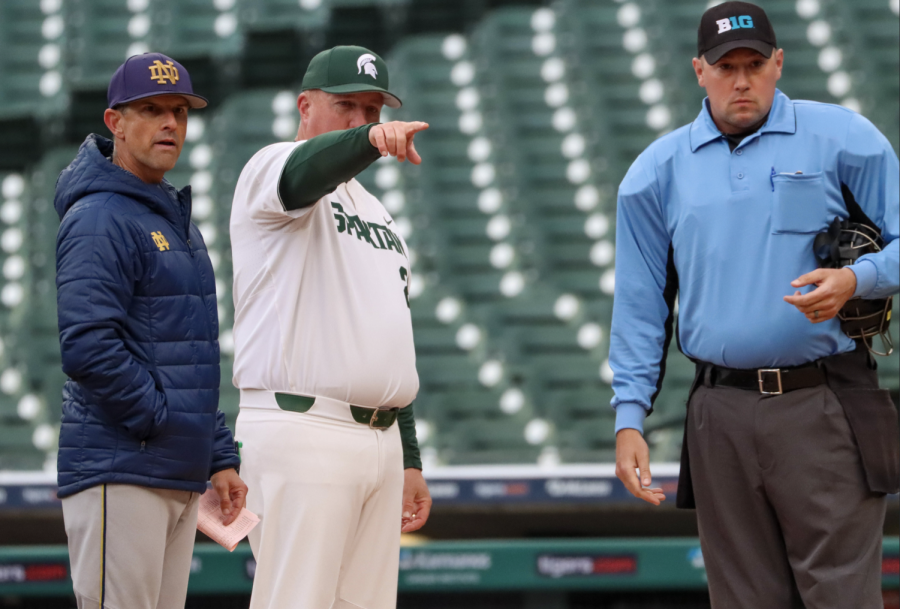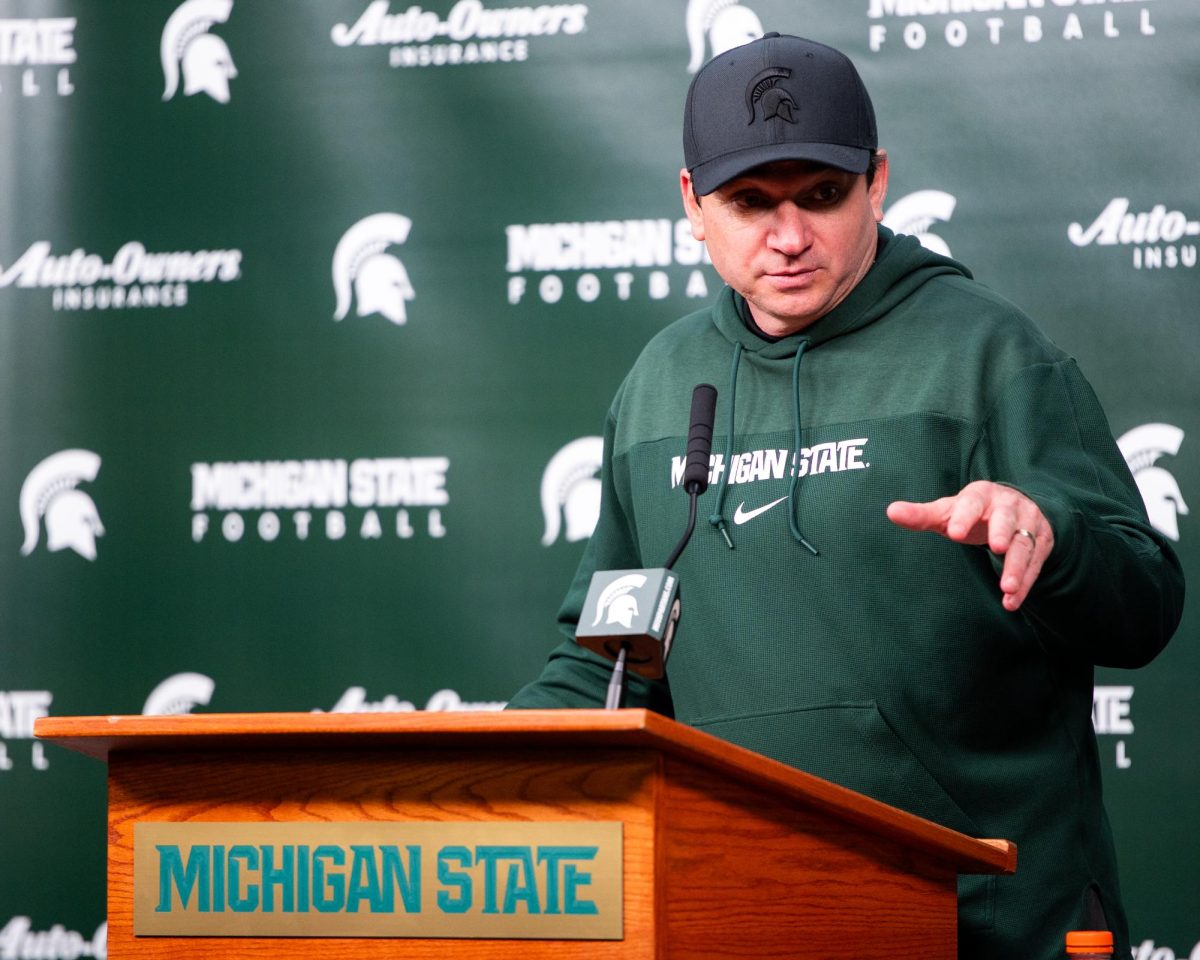A Captivating, Unconscious Farewell | “Don’t Let Our Youth Go To Waste” by Galaxie 500

September 22, 2022
Copenhagen might be a bitter memory for Naomi Yang, Damon Krukowski and Dean Wareham.
You might ask yourself — what do the Netherlands have to do with Galaxie 500? The answer is simply, the beginning of the end. Copenhagen is the location of their last European show as a trio in the 1990s, and marked the transitory period of decline for one of slowcore and dream pop’s progenitors.
In 1991, Galaxie 500 infamously broke up on the eve of a Japanese tour. Dean Wareham, the lead singer and guitarist, called it quits — Galaxie 500 were just about to be signed to a major label. His reasoning?
“The making of the previous album had been very difficult — and clearly we weren’t getting along — so why should we continue to sit in a room and make music together?”
Why indeed — but one can only wonder “what if?”
Copenhagen, the 1997 live album from the end of the 1990 European tour, is a slow-burning blaze that consumes everything around, leaving you to ponder its beauty in a serene grotto. Unlike the preceding discography under Galaxie 500’s belt, Copenhagen has this remarkable sheen to it that can’t be found on any of their previous material. The live setting completely transforms their songs, creating songs that equally resemble shoegaze as they do slowcore, with thunderous riffs and melodic walls of sound growing from the amplifiers in front of them. The repetition of touring had turned many of their most popular tracks into a hypnotic, meditative journey — but none more so than the encore track, “Don’t Let Our Youth Go To Waste,” from 1988’s Today.
Originally a Modern Lovers’ sketch that was colored in by the trio, dream pop fans can confidently say that they made that song their own; just as Johnny Cash did “Hurt.” Turning the not-even two-minute track into a six-minute epic, it embodies everything that has solidified its genesis: Tired exhales, a decade of friendship and an untimely transition into adulthood.
A reckoning with past, present and future.
With an explosive and thunderous impact, the track cuts through the noisy feedback with a pummeling blow to the cheek. Against it — the roaring, technical showmanship dazzling off the fingers off of Dean Wareham’s guitar.
The instrumental carries a wistful atmosphere, suspending a tension and uneasiness within the performance. At the snap of his fingers, the wall of sound engulfs you in the blink of an eye; like Moses parting the Red Sea, you are walking between a gargantuan tidal wave — unscathed, unflinching and dry.
In this moment, you can see the trio in perfect unison. The crashing drums, the trancelike bass and arpeggiating guitar equally suspending an impossible structure in the air.
“I need to walk by the flowers with someone who could share my face /
Looks like nobody could take your place /
And I could bleed in sympathy with you /
On those days /
And I could drink up everything you have /
Don’t let it go to waste.”
Wareham’s delivery lacks the wide-eyed grandeur of Jonathan Richman’s original poem — instead carrying a deadpan admission with each word.
“I could show you memories to rival Berlin in the thirties /
I understand your dating-bar ways /
And I could bleed in sympathy with you /
On those days /
And I could drink up everything you have.”
You walk into the sand, feet gripping each grain, seeing each moving part through a translucent barrier. It’s equally amazing as it is frightening — for it could collapse on top of you at any moment. The colorful guitar work and methodical instrumentation are presented to you as effortless, despite being anything but. A captivating display of magic before your very eyes.
“Say something warm, say something nice /
I can’t stand to see you when you’re cold /
Nor can I stand being out of your life /
And I could bleed in sympathy with you /
On those days /
And I could drink up everything you have.”
Wareham’s voice rippled into the walls behind him — you can almost feel his gradual detachment from the art itself. This performance is both a plea and an admission.
“Don’t let our youth go to waste.”
In some ways, I view this as Wareham saying goodbye to Galaxie 500; shaking hands with the specter of his childhood that had woven Galaxie 500 together. The seams are now fraying, splitting at the ends and unraveling into a mess of itself. In a tragic irony, Wareham’s recension comes off as outward — displaying a remarkable showmanship in place of his lost voice. Naomi, Dean and Damon each “get lost” in the wall of sound — riding the very essence of music that enabled their success; taming the groove one last time before it bucks them from its unruly back.
Rhythm be damned, each part could very well be considered its own solo, but all good things must come to an end. Using a coda to reintroduce the opening chords, bassline and percussion, Galaxie 500 inverts this to be its outro — gently lifting the waves back into a tranquil equilibrium.
For all the things Galaxie 500 embodies, “Don’t Let Our Youth Go To Waste” is a powerful echo of their history. One that was born in youth, but ultimately unfurled as they aged into the reality of their musical dreams. The exceptional guitar, percussion, and bassline make this rendition arguably one of their best songs, if not their best live performance. Bubbling emotions and regrets aside, consider Galaxie 500’s “youth” anything but “wasted.”






























